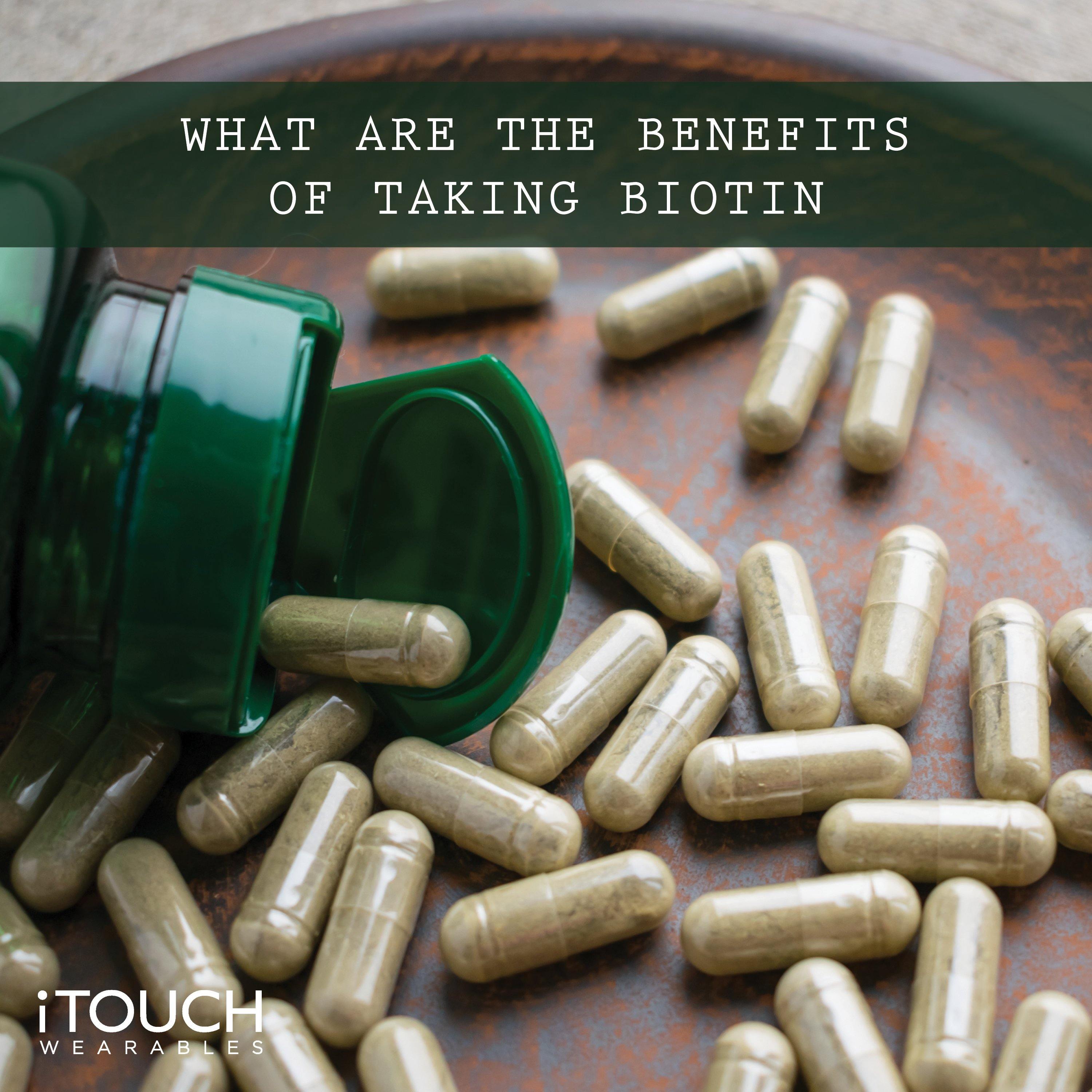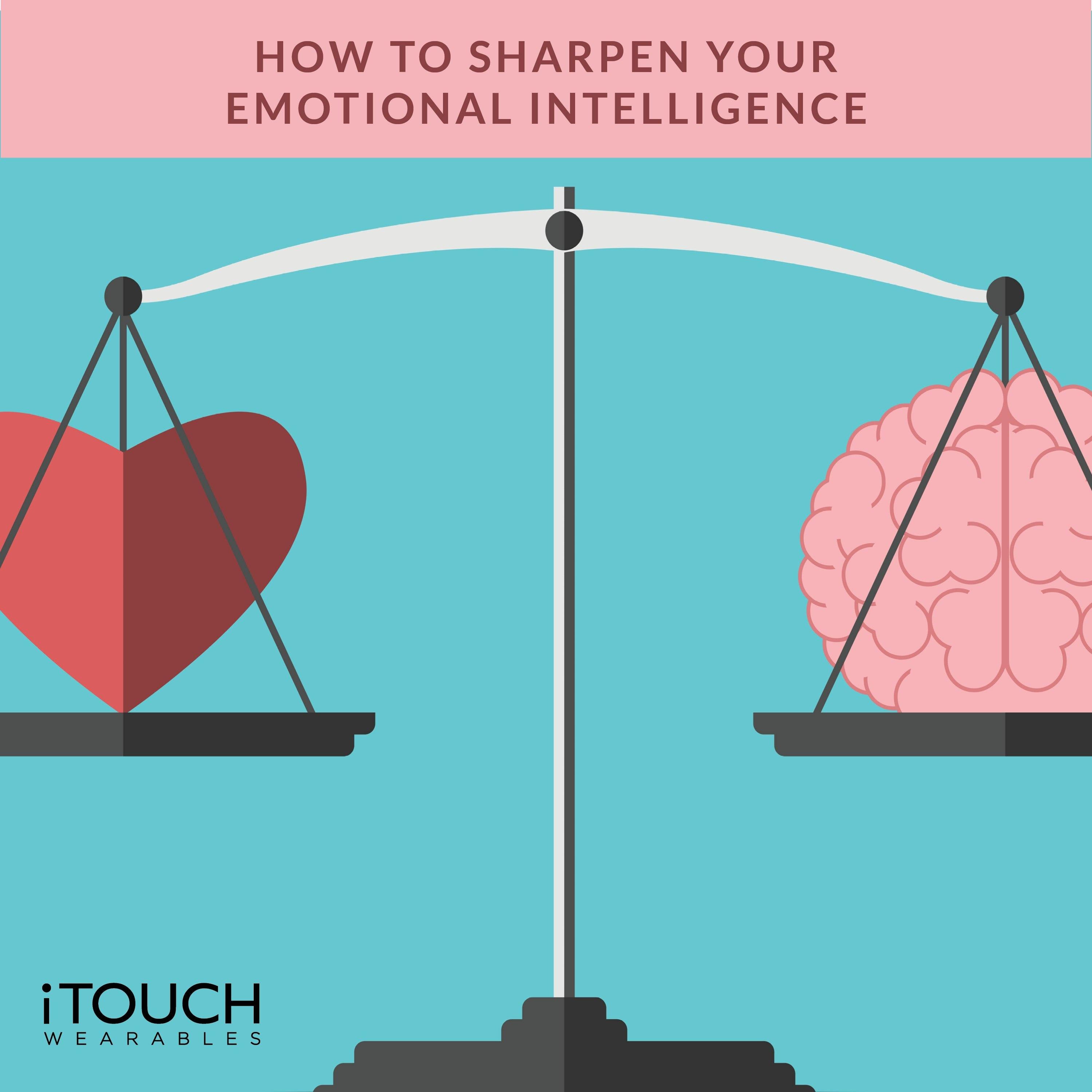
What Are The Benefits of Taking Biotin
Biotin - it is one of those things that seems to exist in our world that you either know everything about or have only seen when strolling along the aisles of a supermarket. While many probably have taken it as a daily vitamin, essential and beneficial for their health, it is still important to know exactly what it is and what it does for your body. It is also especially important to know how much you are exactly supposed to take, which is vital when pregnant or trying to maintain a healthy diet. If you are curious, you have come to the right place! This is our guide on what are the benefits of taking biotin.
What Exactly Is Biotin?

Biotin, also known as Vitamin H, is one of the B complex vitamins that help the body convert food into energy. When looking at the history surrounding the word, “biotin” comes from the ancient Greek word “biotos,” which means “life” or “sustenance.” So essentially, you can argue that B complex vitamins are what help us keep a healthy and long life. When taking B vitamins, and specifically biotin, they help keep your skin and nails, hair, eyes, liver, and nervous system healthy. Biotin is also a a vital and critical vitamin during pregnancy, as it’s important for embryonic growth and development.
How Much Biotin Should We Take?

For adolescents and adults, it is recommended to take somewhere between 30 and 100 micrograms per day of biotin. Because it’s water-soluble, extra biotin will simply pass through your body when you urinate. While most people can handle biotin supplements, some people report mild side effects, such as nausea or digestive issues. With this said, however, there are no known toxicity symptoms associated with too much biotin. As long as you stay within this range, you should be safe and get the benefits you need.
What Are Natural Sources of Biotin?

If you do not want to take an over-the-counter supplement to obtain your recommended dose of biotin, there are actually many options that come in natural sources. Biotin can also be found in a number of foods, including:
- Egg Yolks
- Organ Meats - such as Liver or Kidney
- Nuts - Like Almonds, Peanuts, or Walnuts
- But Butters
- Soybeans and Other Legumes
- Whole Grains
- Cauliflower
- Bananas
- Mushrooms
Because food-processing techniques like cooking can render biotin ineffective, raw or less-processed versions of these foods contain more active biotin. It’s always best to get nutrients from natural sources.
The bottom line is, if you’re unable to get enough biotin naturally, a supplement may be suggested by your doctor. Remember that supplements aren’t monitored by the FDA for safety, purity, dose, or quality, so research your brands before you buy.
Share with us whether you will try biotin or not by tagging us on Instagram @itouchwearables and Facebook @itouchwearables. Also, be sure to check out our new articles published daily and the latest styles on iTouchWearables.com!
Don't forget to check out our collections of affordable smartwatches (including the iTouch Air 2), fitness trackers (such as the iFitness Pulse), and smartwatch accessories.
-Patrick


